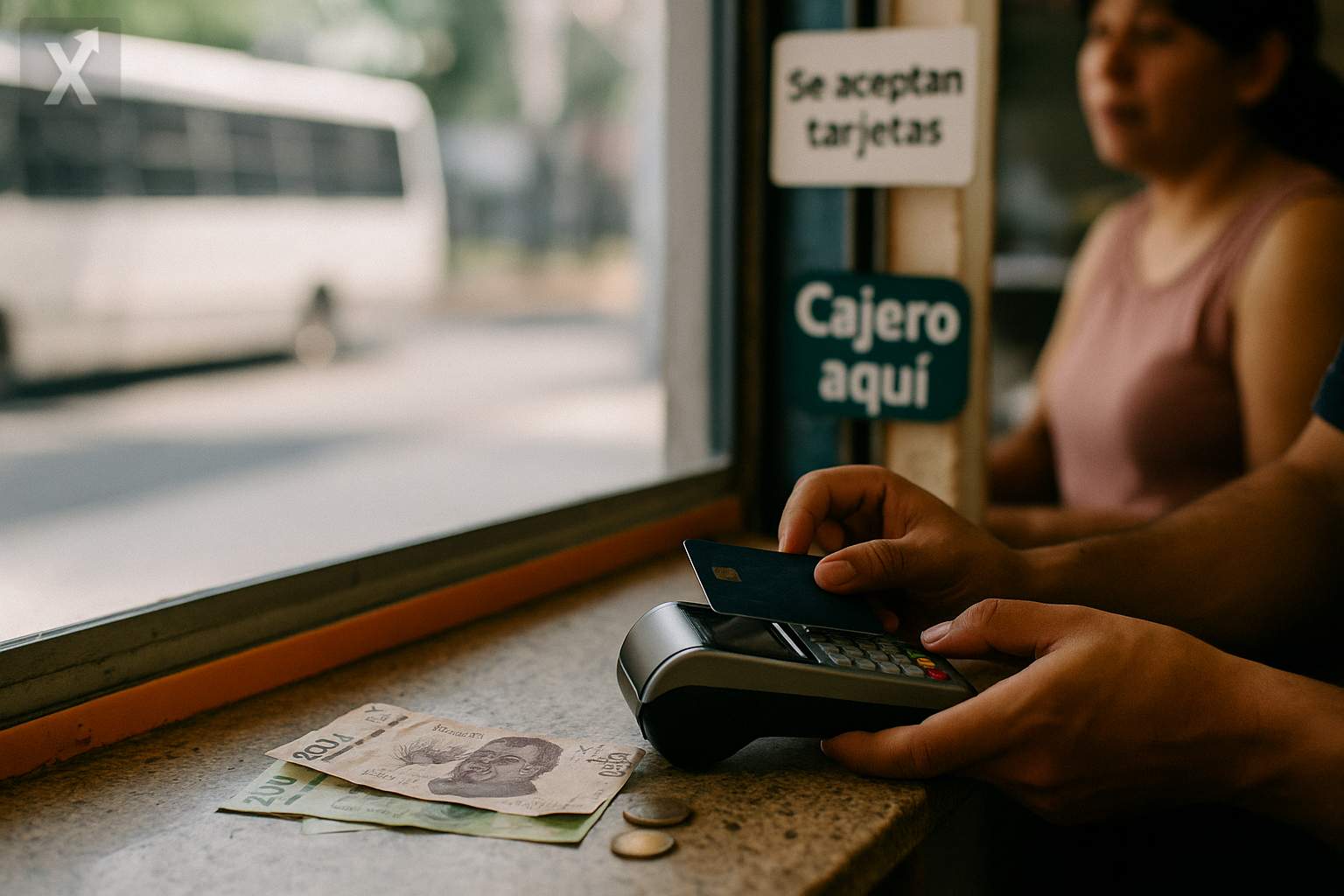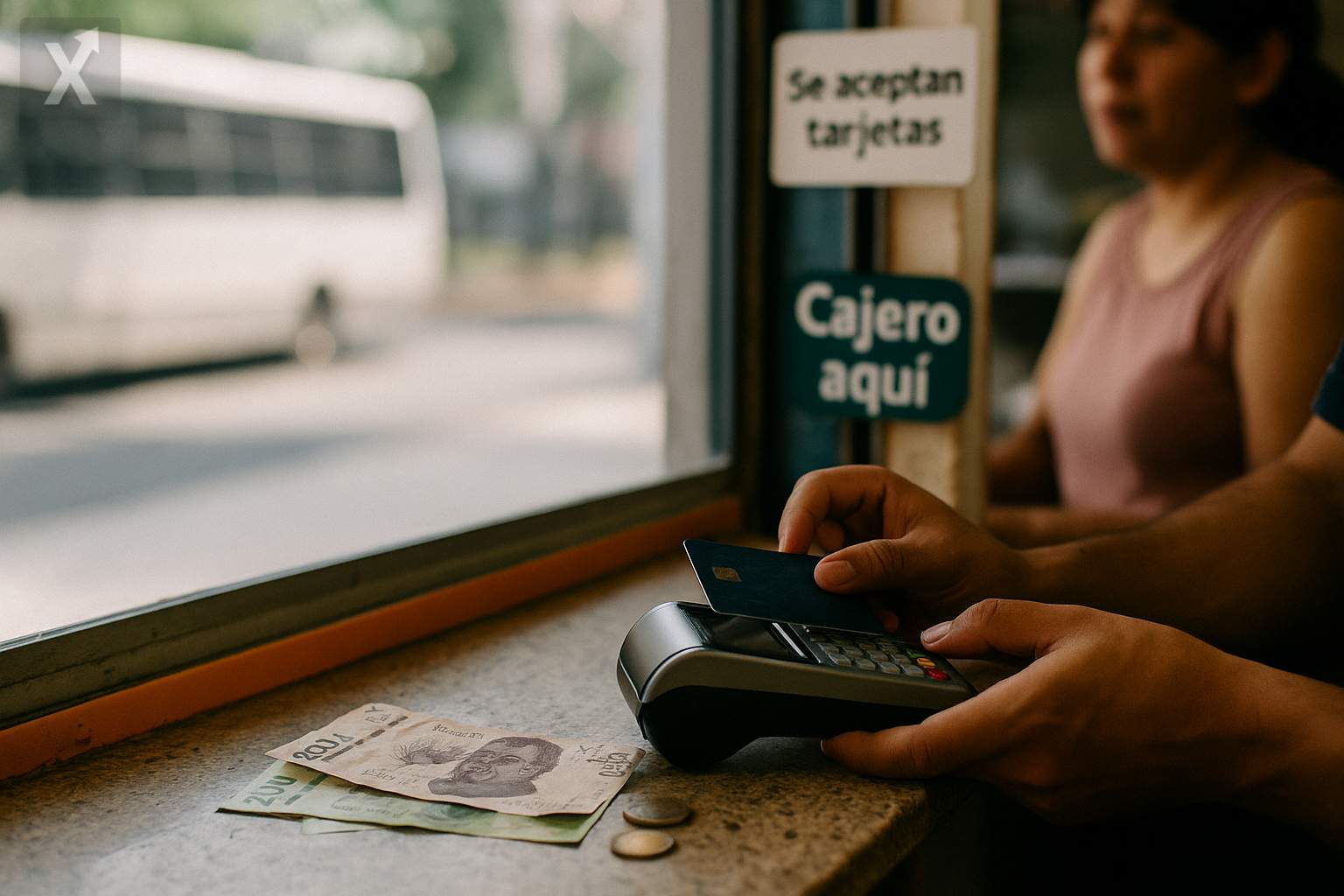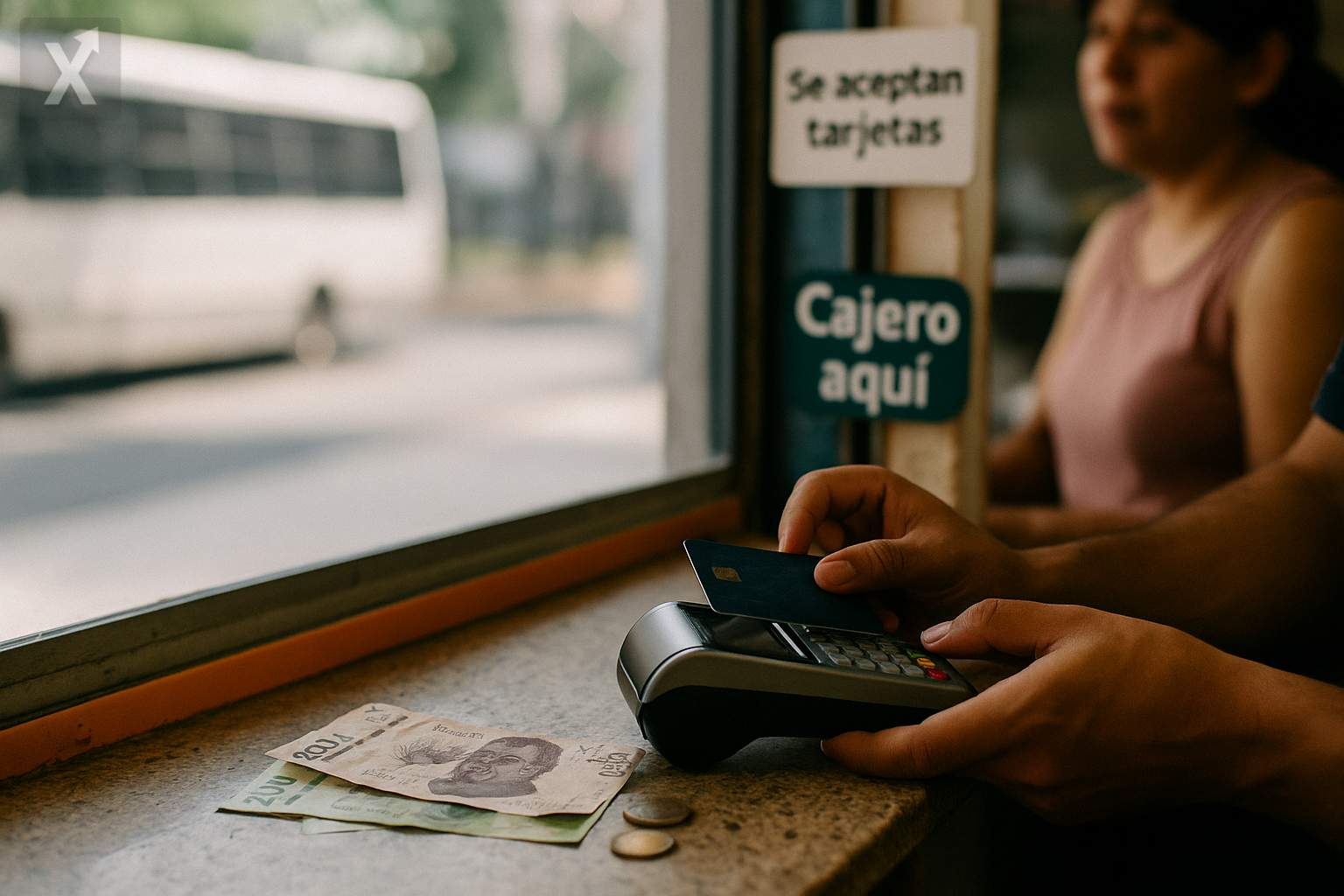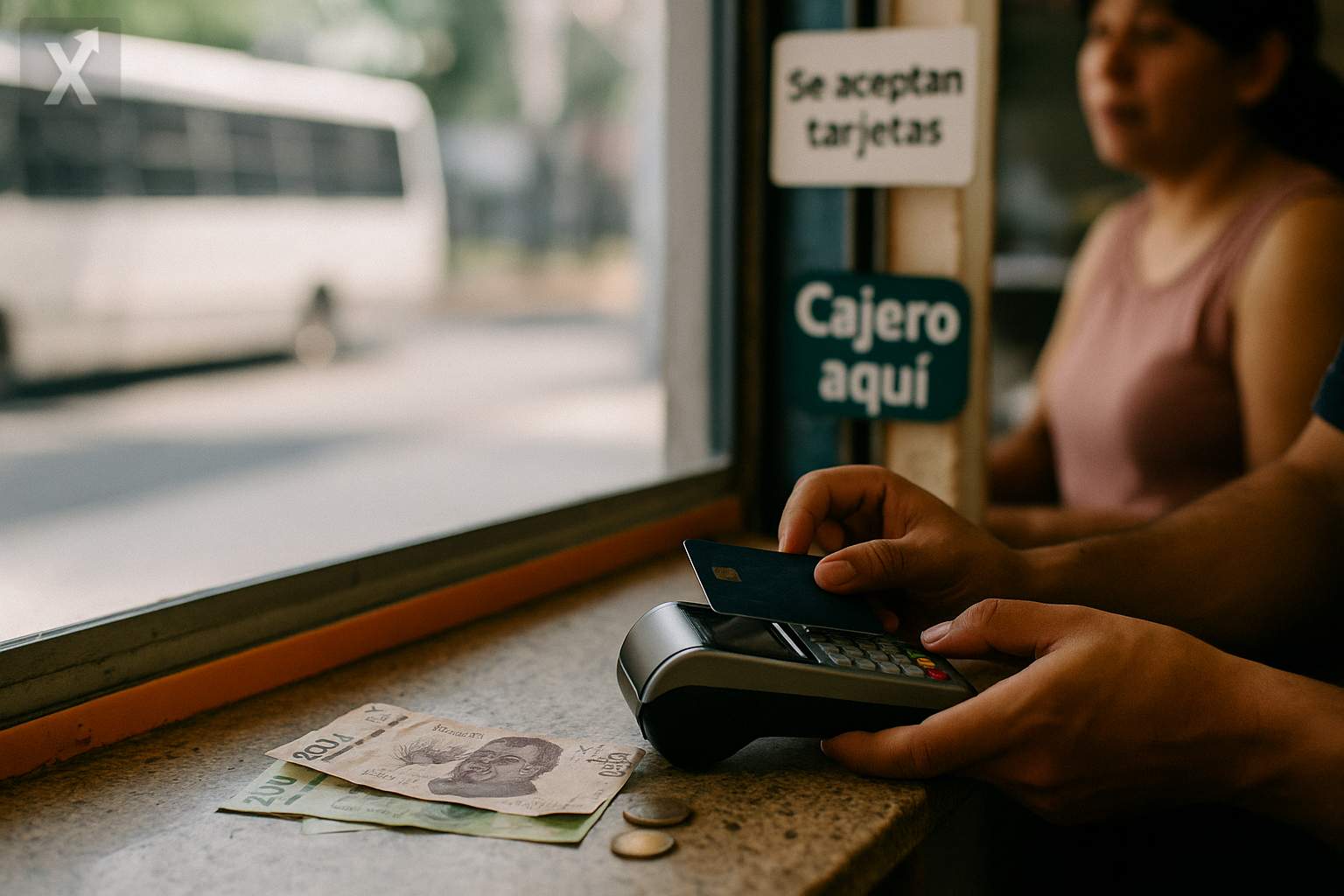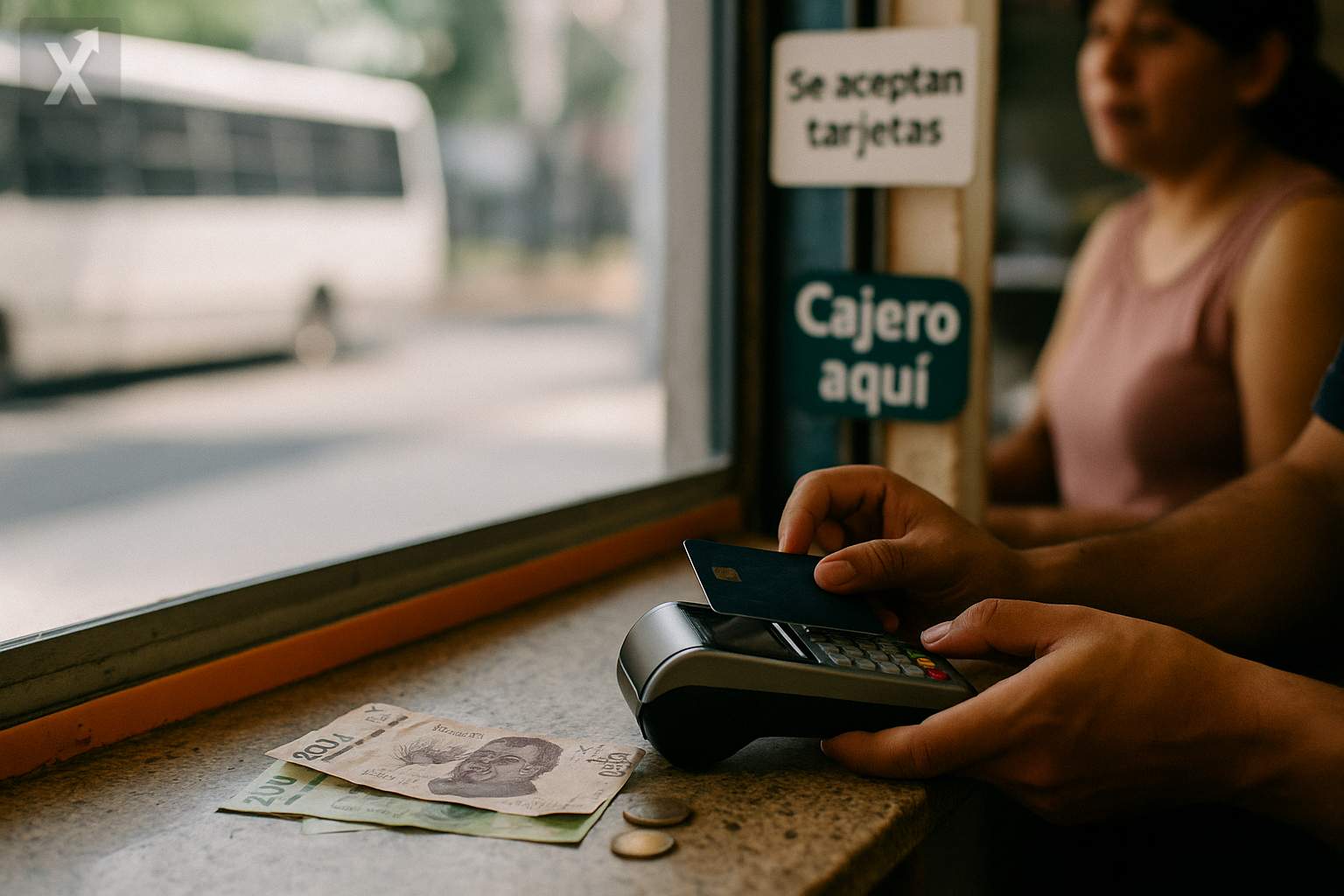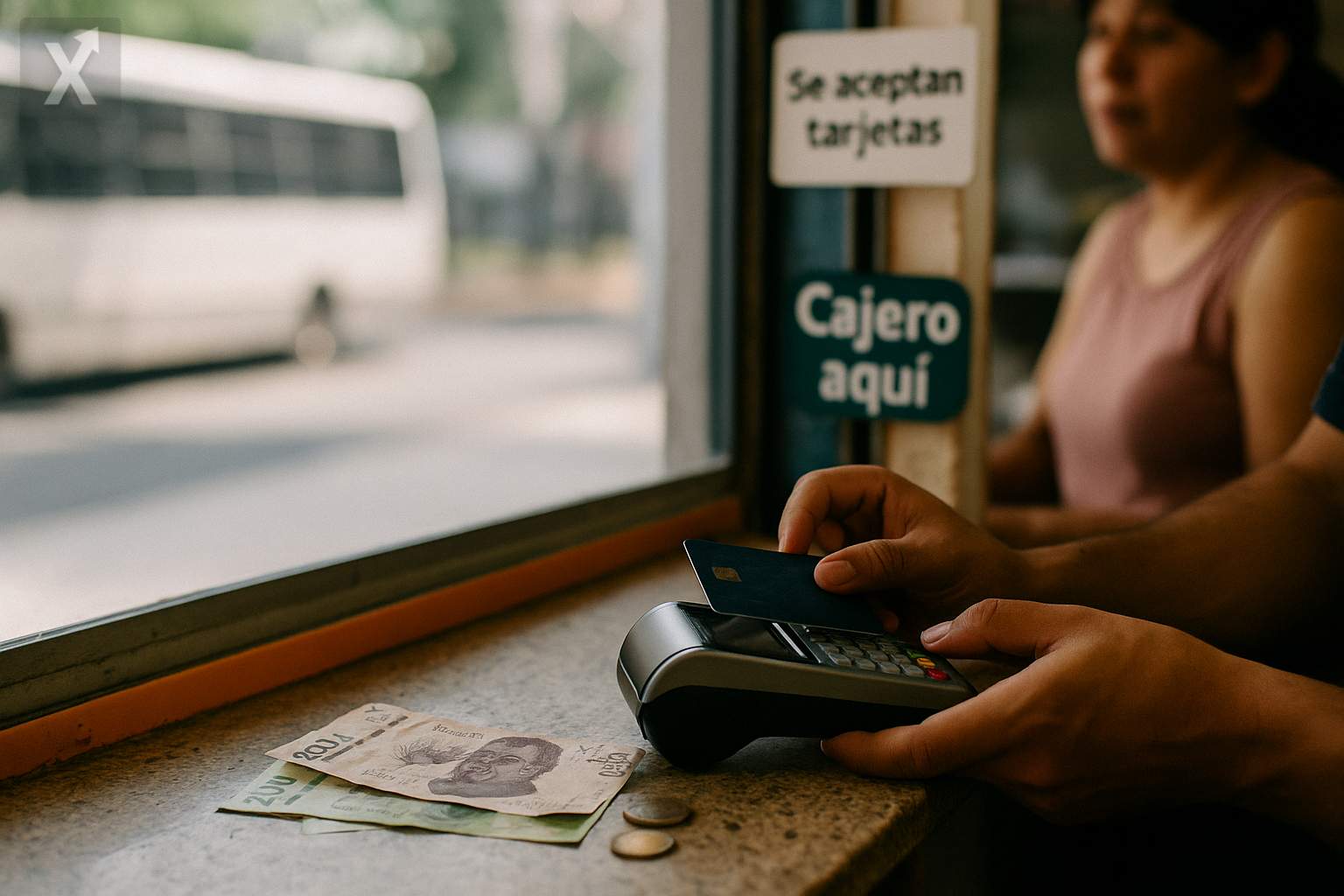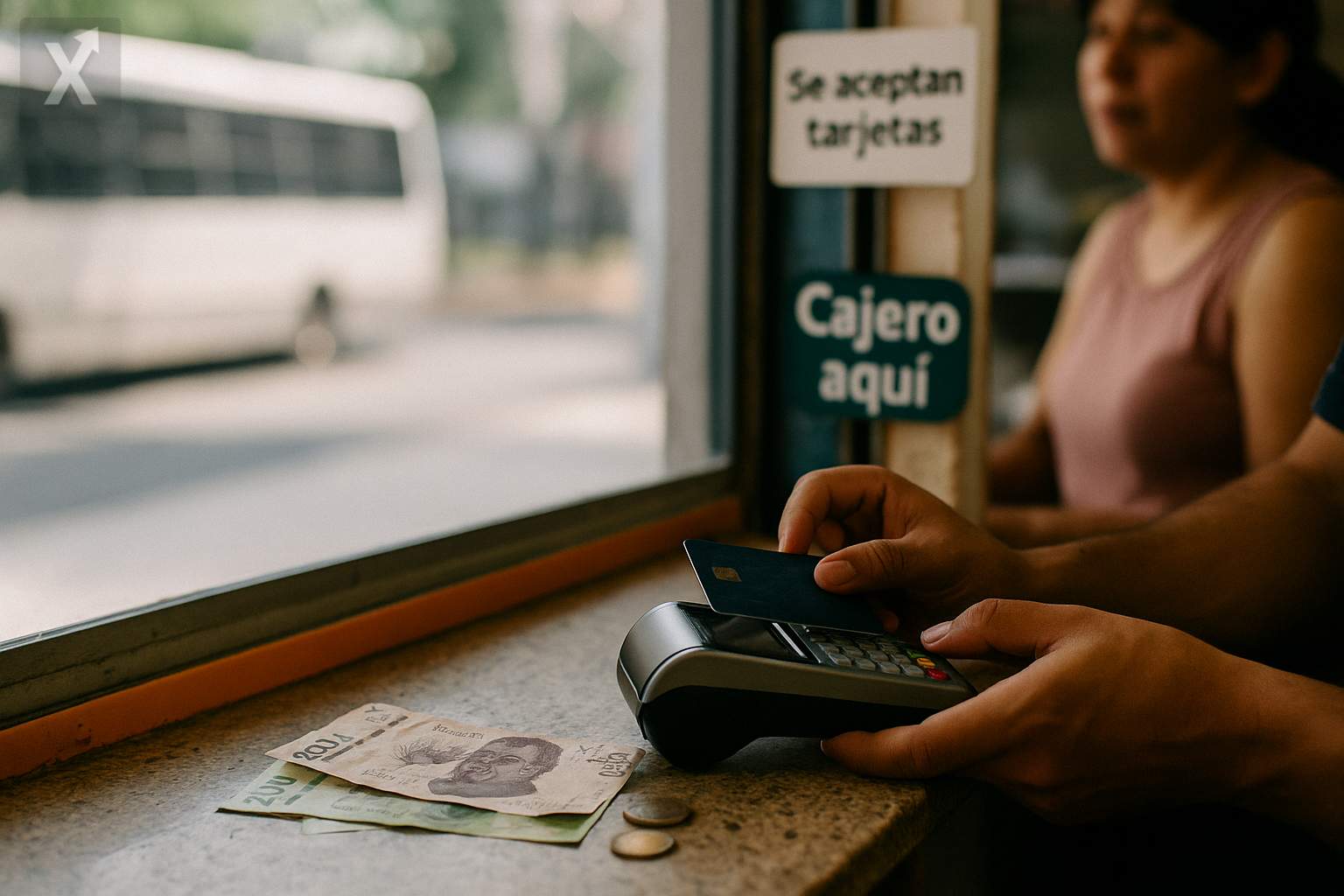They Will Maintain the VAT at 8% and Discounts on the IEPS for Gasoline at the Northern Border
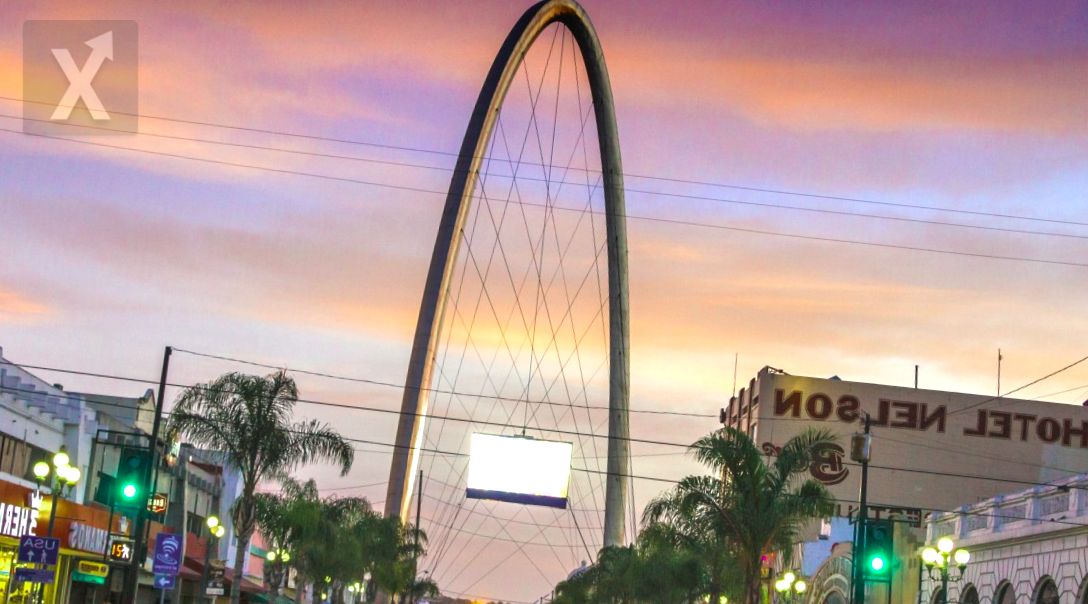
The government of Claudia Sheinbaum will continue applying discounts on the VAT and the IEPS for fuels at the northern border. This aims to equalize prices of consumer goods, services, and gasoline compared to the United States, as well as to promote consumption in the region, preventing Mexicans from choosing to shop in the neighboring country. The document outlining the 100 commitments for the second phase of the transformation notes that “economic incentives continue in border areas,” highlighting the reduced Value Added Tax (VAT) rate and discounts on the Special Tax on Production and Services (IEPS) applied to gasoline.
“This situation is common at the border since, if we look at it, for example, gasoline in the United States costs half as much as in Mexico. Therefore, if gasoline prices do not drop to levels comparable to those in Texas, Mexicans would prefer to fill up on the other side,” said Víctor Manuel Herrera Espinosa, vice president of the National Committee for Economic Studies at IMEF. The incentives are available in 46 municipalities across the states of Baja California, Sonora, Chihuahua, Coahuila, Nuevo León, and Tamaulipas, featuring an 8% VAT introduced in 2019 during the administration of Andrés Manuel López Obrador. There are also fiscal incentives or discounts on the IEPS rates applied to Magna, Premium, and diesel gasoline. The Ministry of Finance and Public Credit (SHCP) publishes these incentives weekly in the Official Journal of the Federation (DOF). This measure represents a significant revenue loss for public finances, especially with the VAT at 8%, in contrast to the 16% applied in the rest of the country. For this and the next year, the Ministry of Finance anticipates a loss of more than 130 billion pesos annually due to this incentive, in addition to the fiscal stimuli for gasoline.
The amounts that the Ministry of Finance forgoes due to these incentives are equivalent to the annual budgets allocated to Secondary Education, Higher Education, or Contributions to states and municipalities, according to the 2024 Federal Expenditure Budget. “These incentives have been effective; we have noticed that revenue collection is efficient, and no fraud related to these differentiated VAT rates has been evident, suggesting that the incentive has been effective. Moreover, they have contributed to increasing economic activity in the border region,” stated Víctor Manuel Cámara Flores, president of the Fiscal Commission of the Mexican Institute of Public Accountants (IMCP).
These fiscal incentives are an interesting strategy to balance the economy of the northern border with that of the United States. However, it is also crucial to consider the impact these tax breaks have on public finances. While they encourage local consumption and help prevent smuggling, it is vital for the government to continually assess the effectiveness of these measures and their repercussions on the national budget in the long run.
